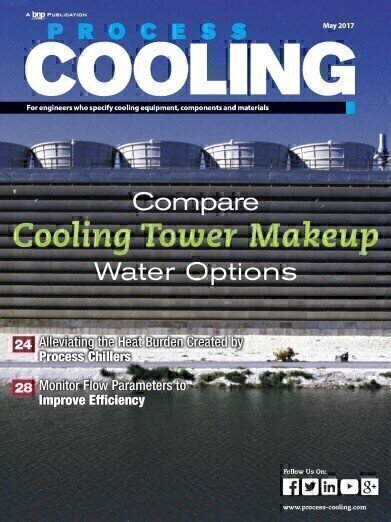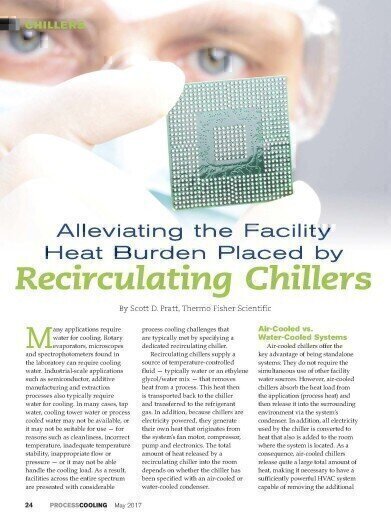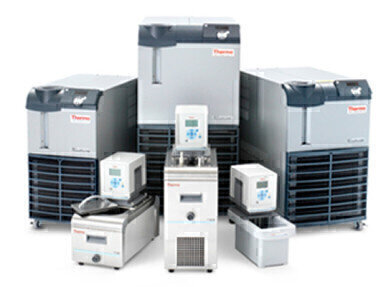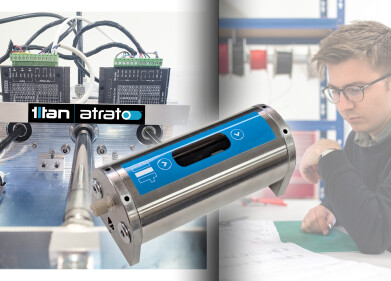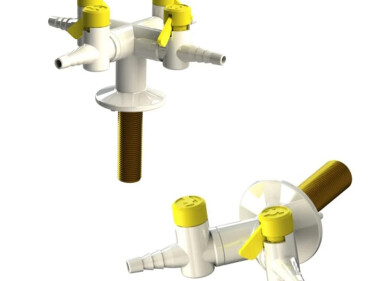Laboratory products
Alleviating the Facility Heat Burden Placed by Recirculating Chillers
Jul 11 2017
Thermo Fisher Scientific are pleased to share the Alleviating the Facility Heat Burden Placed by Recirculating Chillers Article for Process Cooling Magazine to support the temperature control business
Many applications require water for cooling. Rotary evaporators, microscopes and spectrophotometers found in the laboratory can require cooling water. Industrial-scale applications such as semiconductor, additive manufacturing and extraction processes also typically require water for cooling. In many cases, tap water, cooling tower water or process cooled water may not be available, or it may not be suitable for use - for reasons such as cleanliness, incorrect temperature, inadequate temperature stability, inappropriate flow or pressure - or it may not be able handle the cooling load. As a result, facilities across the entire spectrum are presented with considerable process cooling challenges that are typically met by specifying a dedicated recirculating chiller. Recirculating chillers supply a source of temperature-controlled fluid - typically water or an ethylene glycol/water mix - that removes heat from a process. This heat then is transported back to the chiller and transferred to the refrigerant gas. In addition, because chillers are electricity powered, they generate their own heat that originates from the system’s fan motor, compressor, pump and electronics. The total amount of heat released by a recirculating chiller into the room depends on whether the chiller has been specified with an air-cooled or water-cooled condenser.
The article is available here.
Please click here for a closer look at the Thermo Scientific Temperature Control Products.
Digital Edition
Lab Asia Dec 2025
December 2025
Chromatography Articles- Cutting-edge sample preparation tools help laboratories to stay ahead of the curveMass Spectrometry & Spectroscopy Articles- Unlocking the complexity of metabolomics: Pushi...
View all digital editions
Events
Jan 21 2026 Tokyo, Japan
Jan 28 2026 Tokyo, Japan
Jan 29 2026 New Delhi, India
Feb 07 2026 Boston, MA, USA
Asia Pharma Expo/Asia Lab Expo
Feb 12 2026 Dhaka, Bangladesh
